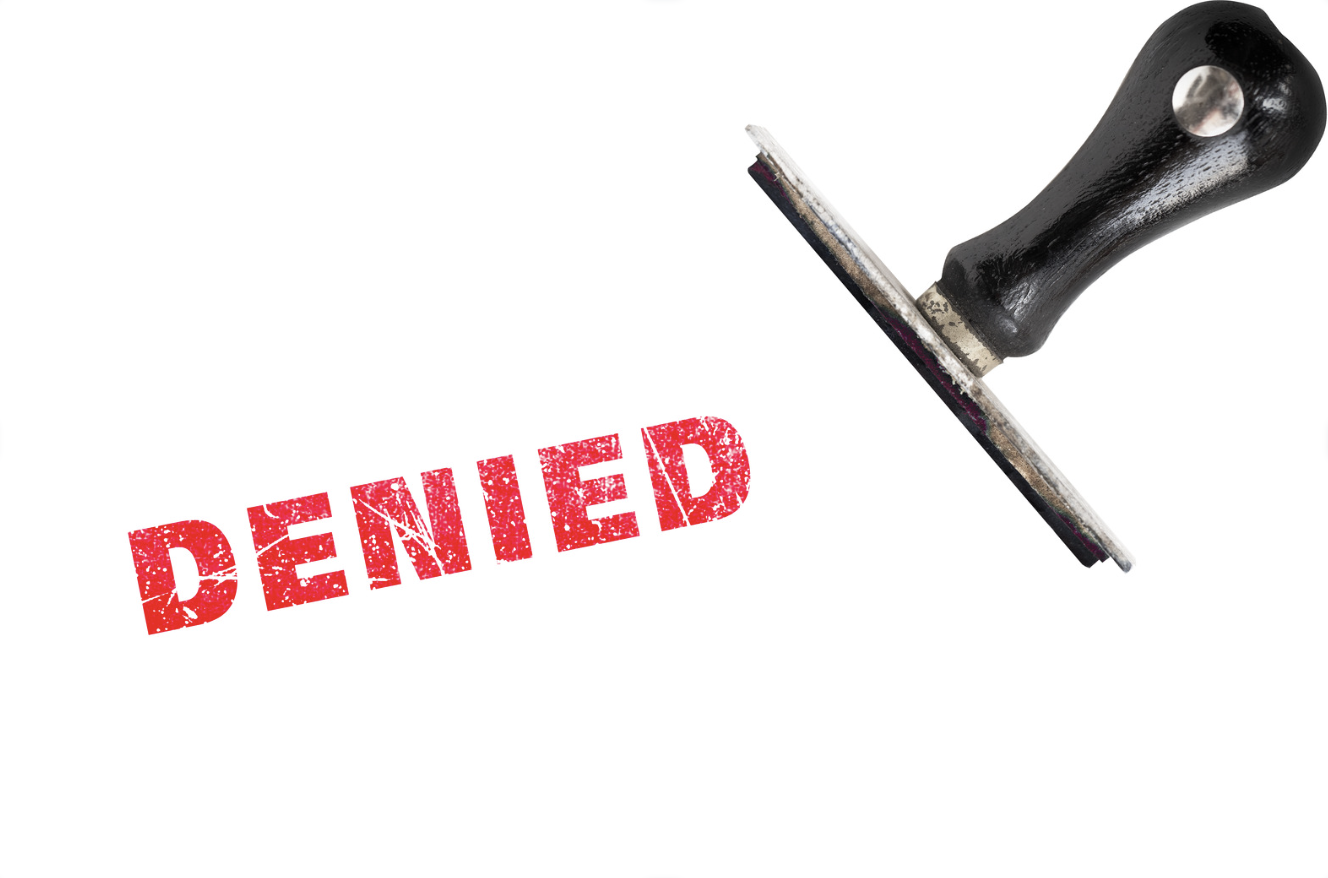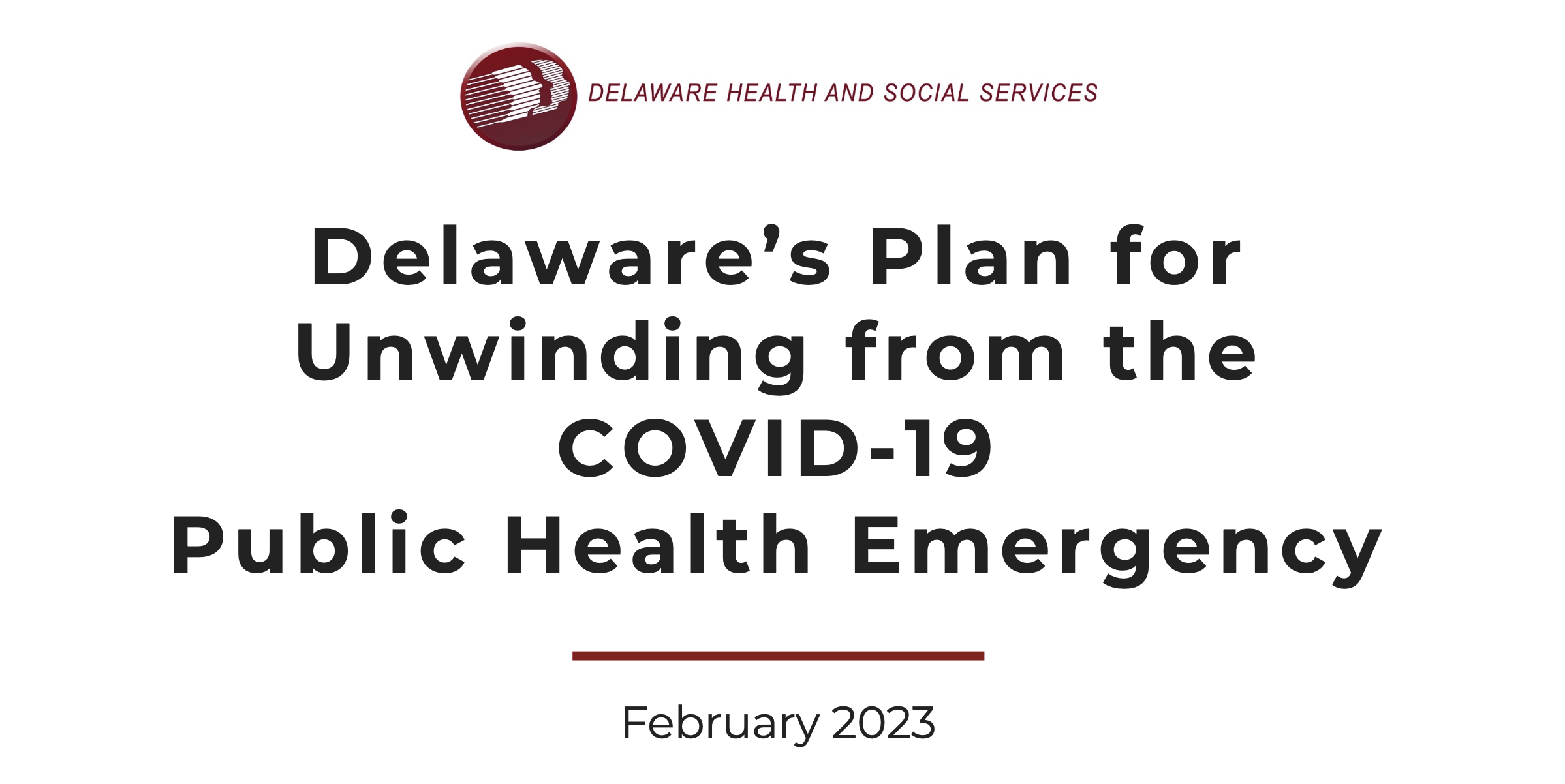In today’s Medicaid Unwinding roundup, we focus on six states that have all adopted and implemented Medicaid expansion. This means that Medicaid enrollees who are no longer found to be eligible for Medicaid will more than likely still be eligible for federal subsidies on ACA Marketplace plans.
These states trend a bit more “friendly” in their Medicaid unwinding approach than some of the others states we’ve covered in this series, particularly some of the states in the deep south, where “government dependency” is anathema.
The positive upshot for behavioral health providers in these states is that behavioral health patients are less likely to fall through the cracks during the unwinding process and are more likely to be able to begin or continue addiction treatment despite post-COVID changes to the Medicaid landscape.
Now, let’s look at how this scenario is likely to pan out in each of these states: West Virginia, Hawaii, New Hampshire, Maine, Rhode Island, and Delaware.
West Virginia Won’t Allow Passive Renewals During Medicaid Unwinding
Roughly 650,000 individuals are on a Medicaid plan in West Virginia, with some counts closer to 638,000 as the pandemic state of emergency draws to a close. The state has announced that it will be using a moderate 12 month plan to complete the redetermination process, which is neither the longest nor shortest time frame amongst the states. West Virginia renewal letters will begin to be sent through the mail to Medicaid enrollees beginning February 2023. That said, there will be no passive renewals in West Virginia, meaning that every single member family will need to receive and respond to the renewal letter within 90 days to retain coverage.
Hawaii Has a “User-Friendly” Medicaid Unwinding Plan for Behavioral Health Patients
Hawaii’s Medicaid unwinding plan is “friendlier” than most.
In Hawaii, there will be three letters sent to Medicaid members during the unwinding process: a plain white letter informing members of the scheduled date for their redetermination, a pink letter that contains renewal information, and a third letter which will contain the final determination.
The entire process will be conducted on a rolling basis, with letters being sent anywhere between May 2023 and April 2024, depending on the month in which the member first enrolled. The first batch of members to lose their eligibility will experience this shift in April 2023.
The state is doing passive renewals, which means that an effort will be made to renew the member’s account with information that the state can easily access. If that effort fails, then the state of Hawaii will reach out to the member for more information.
New Hampshire Will Use Yellow Letters to Notify Members During Medicaid Unwinding
For New Hampshire residents, a yellow notice will come in the mail when it’s time to complete the redetermination process. There are no passive renewals in New Hampshire, so everyone who receives a yellow letter must respond with the information requested. Once a determination is made, enrollees will receive a second letter, this one on white paper, that contains a “Notice of Decision” about whether or not their coverage will continue on. New Hampshire saw an 85% increase in it’s expanded Medicaid program during the pandemic, ballooning to over 95,000 members. Granite Staters are bracing to see roughly 30,000 enrollees stricken from the Medicaid program during the unwinding process.
Maine Will Send Out Renewal Notices Three Months in Advance During Medicaid Unwinding
Maine will begin its unwinding process in April 2023, first focusing on those members whose renewal is scheduled for May 2023. Maine plans on a 12 month timeline for the redetermination process.
Members will get a renewal reminder notice three months before the due date and a pre-populated renewal form “at least 30 days before the renewal date.” In Maine, renewal forms will sport a blue stripe and a postage paid return envelope to aid member responsiveness. All told, 17,000 households will undergo the redetermination process in Maine each month until the process is complete.
DHHS in Maine estimates that somewhere between 65,000 and 90,000 Maine Medicaid members will be found to be ineligible for continuing coverage.
Rhode Island is Investing in Mini-Grants to Reach the Underserved During Medicaid Unwinding
Rhode Island is beginning its Medicaid unwinding process on April 1st, 2023. The state is urging all current Medicaid recipients to log into the HealthyRhode portal to update their contact information ahead of April.
Interestingly, Rhode Island is credited with innovating new ways to reach marginalized populations during the unwinding process. The state is investing public health dollars in “mini-grants” for nonprofits who work with marginalized populations to engage in education and advocacy around the end of continuous coverage, so that fewer Rhode Islanders are left behind in the unwinding process.
Delaware Plans to Make Extensive Use of Passive Renewals During Medicaid Unwinding
Delaware’s unwinding process will begin on April 1st, 2023 and is slated to take anywhere from 12 to 14 months. Delaware is launching an aggressive passive renewal campaign in an effort to minimize coverage disruptions for Medicaid recipients. This means that the state will only contact enrollees when they are missing key information, like current income numbers, from members. Otherwise, the state plans to “passively” - really, automatically - complete renewals for Medicaid families. Still, the state expects to identify roughly 50,000 current enrollees who no longer meet eligibility requirements. At present, there are over 300,000 people with Medicaid coverage in Delaware, with a disproportionate number of them being behavioral health patients.
Other Blog Posts About Medicaid Unwinding at the State Level and How it May Affect Behavioral Health Organizations
Working to Understand Medicaid Unwinding in Your State? Behave Health is Here to Help.
Behave Health is committed to making it easier - and more profitable - to operate evidence-based, results-focused addiction treatment centers.
Get your free trial started today and see why more addiction treatment centers prefer Behave Health.
PS. Just getting started with behavioral health? Need help with certification, too? Behave Health can also help direct you to the right resources for help with Licensing or Accreditation by either The Joint Commission or CARF. Mention to your product specialist that you’re interested in this service after you start your free trial!







